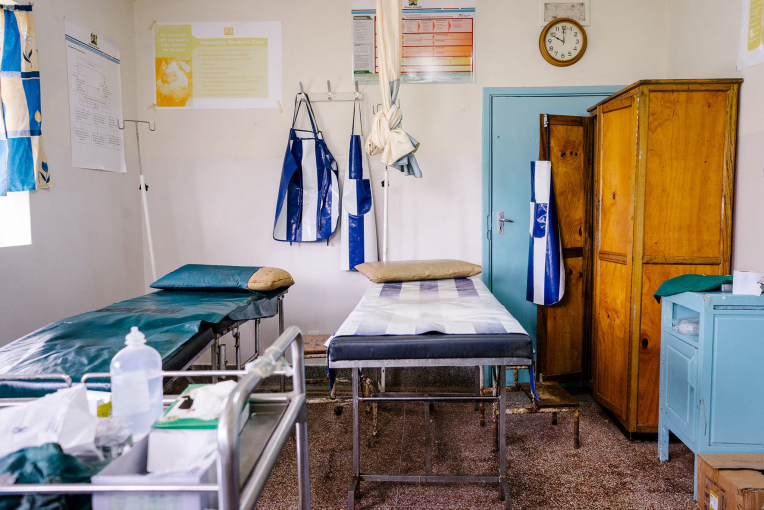Kenyan officials some 800 clinics are operating illegally in the country’s capital, Nairobi.
Daily Nation reports that a new report shows that only 1,500 private clinics in Nairobi County have permits to offer medical services.
The report produced by the Nairobi County Public Health Department said the 800 illegal clinics represent 34 percent of some 2,315 private clinics offering services to residents illegally.
An official of the Nairobi County Clinical Inspection Coordinator, Jesca Omai is reported to have said that revelations were made after an inspection exercise.
“After a mapping programme carried out in August last year, the department found out that Nairobi has a total of 2,315 private clinics out of which only 1,500 have received inspection certificates over time and have been cleared with the department as having the necessary permits,” Omai is quoted as saying.
Health care across Africa is becoming limited for many. That has created room for individuals to open private facilities for same purposes.
In the process, patients have become vulnerable to managers of such private facilities who operate without proper documentation.
Last month a number of major hospitals across Africa were reported to be detaining patients who are unable to settle their medical bills.
These hospitals are reportedly operating a policy of “if you don’t pay up, you don’t go home”, AP reports.
The Kenyatta National Hospital in Kenya is one notable facility where detaining patients unable to settle their medical bills is a norm.
There are fears such policies create room for patients to run to private facilities.
Source: Africafeeds.com



